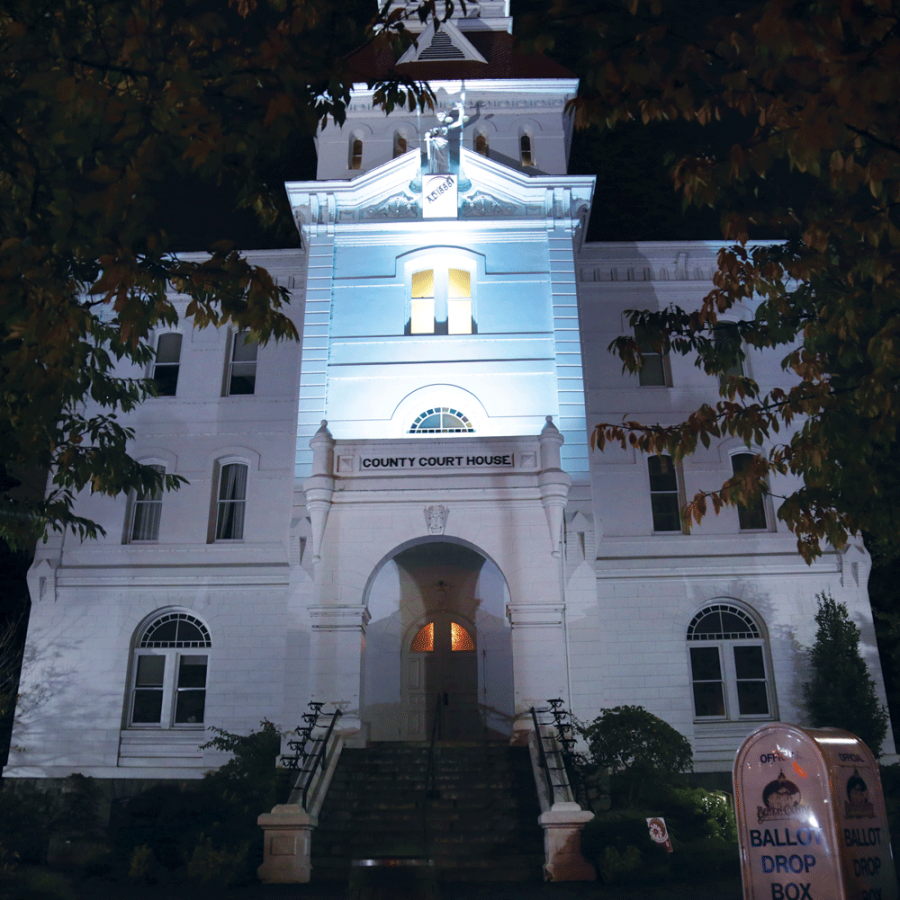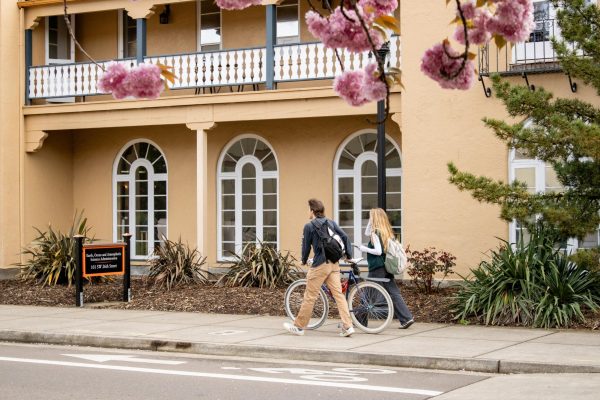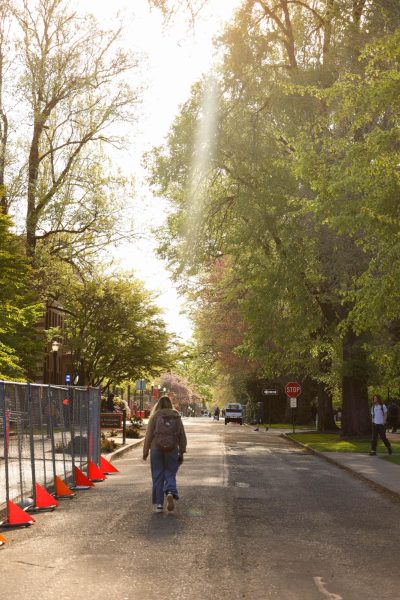Daarstad: Make your voice heard in the primaries
March 9, 2020
Primary elections are significant and provide the opportunity for people to vote for who they want to represent them in the general election.
Voting in the primaries started on Feb. 3 in Iowa, and March 3 was Super Tuesday where one-third of the delegates were up for grabs. Super Tuesday is a primary election date where the greatest number of states hold their elections and caucuses for the primary.
When a person votes in a primary election or participates in a caucus, they are telling their delegates how they would like them to vote.
This is how a caucus works according to the Democratic National Committee of Iowa: a group of people in a public space and stand in a section of the room dedicated to a certain candidate. If a candidate does not have 15% of the people at the caucus they are able to move to another section.
Every state has a certain number of delegates and, based upon the results of direct voting or caucuses, the state will disperse the delegates between candidates proportionally.
Oregon’s primary is not until May 19, but students at Oregon State University are not all from Oregon. They come from multiple states, that not only have already voted, but will be voting.
Cammi Love is one of these students. She is a political science major from California, but is going to school at OSU. Since California allows for mail-in ballots, Love was able to vote in the California primary.
It’s important for the American public to voice their opinion for who they want to take office in November and the process in California is effective because it provides different options to vote, Love said.
“I feel like many American interests are being ignored and shoved down by the current administration, so I want a candidate who is going to focus on issues affecting us such as climate change, education and healthcare,” Love said.
Olivia Jackson, a public health major and an Oregon resident, will be voting in May. She said primaries allow the opportunity for an individual to cast their ballot for who they actually want, rather than the lesser of two evils.
When getting ready to vote it’s important to look into the candidates running for national, state and local elections. There are many different ways to get to know the candidates.
“I have been telling people about the Politico website that offers a short summary on every take on every issue that each candidate has. The webpage is fairly bipartisan and super easy to read and understand,” Jackson said.
News sites, podcasts, late-night TV shows and social media are also great ways to provide information on candidates, with interviews, non-partisan information and information directly from candidates.
Not only is gaining more knowledge about the candidate key, but it’s essential to make sure you are registered to vote. A person can not vote if they are not registered before the deadlines set by each state.
An Oregon resident can register to vote in three different ways: in-person, mail or online, with the deadline being 21 days before the election. If you are not from Oregon, each state has different voter registration rules and deadlines, so please check your state.
If you are an out-of-state student, check to see if you can mail in your ballot. Twenty states allow for voting by absentee ballots with an excuse, six states allow for the request of an absentee ballot, and three states conduct their elections completely by mail. Oregon is one of these three.
“I will cast my ballot for the person I best believe represents my needs and wants, rather than just voting for the only Democrat up on the board,” Jackson said.
Voting is important and primaries are the way people can vote for what they want to see in November, so learn more about the candidates, check your registration status and see how you can vote in the primaries.






















































































































